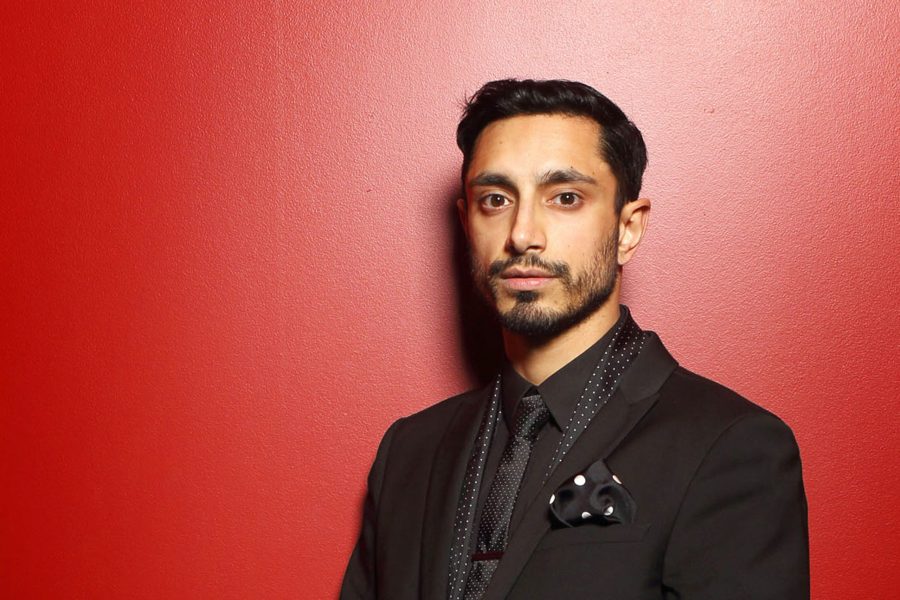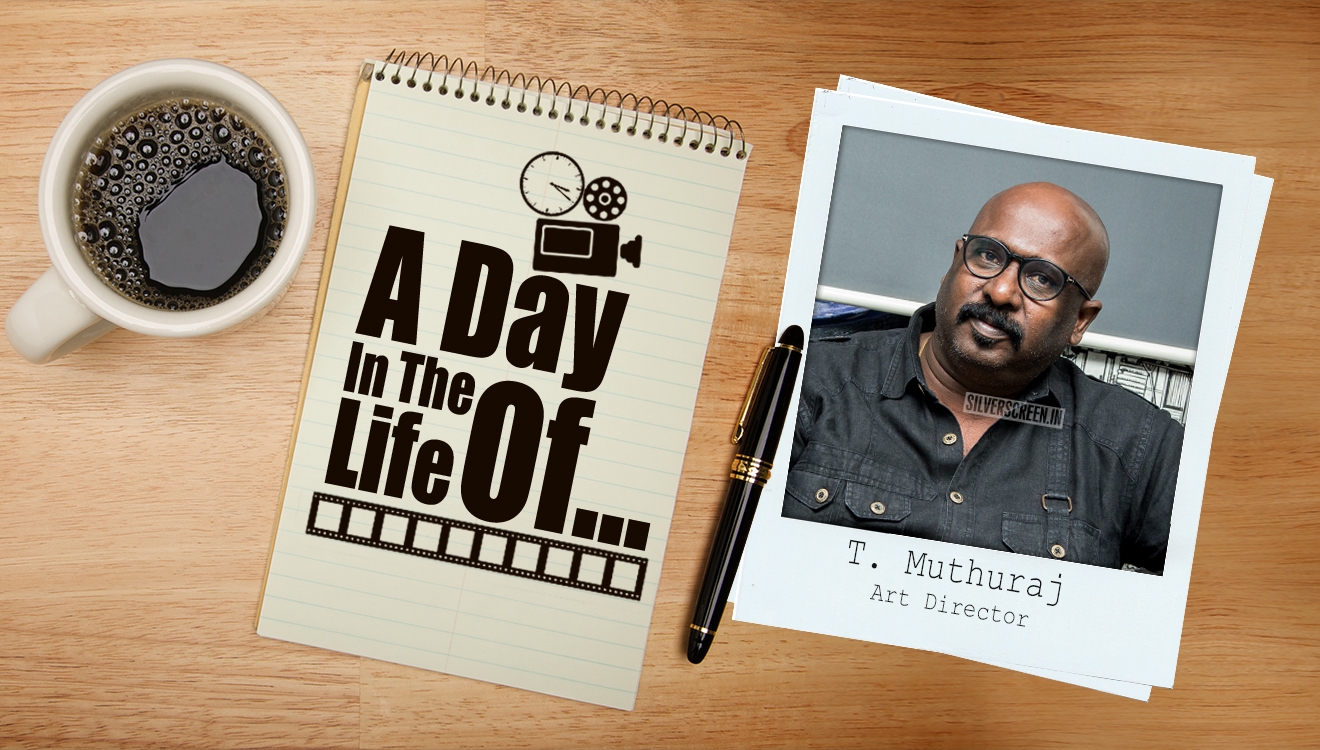Riz Ahmed, who was nominated for the Academy Awards for his performance in Sound of Metal, partnered with USC Annenberg Inclusion Initiative and Pillars Foundation to launch a grant for Muslim filmmakers and artists for their better representation in the media.
The actor announced the grant on social media, along with a blueprint for film industries across the world to follow. Drawing from his experience, he said, “The problem with Muslim misrepresentation is one that can’t be ignored anymore, and it’s one that I can’t fix alone and the handful of Muslims in the business can’t fix without your help.”
The USC Annenberg Inclusion Initiative, that is funded by the Ford Foundation, conducted a study titled Missing and Maligned: The Reality of Muslims in Popular Global Movies, that “reveals the erasure and demeaning portrayals of Muslim characters across top 200 films”.
The study is conducted by Stacy L Smith, Al-Baab Khan, Katherine Pieper, Marc Choueiti, Kevin Yao, and Artur Tofan.
I'm fed up of seeing Muslim characters on screen either negative or non existent. The industry must change. Our new study proves what many of us always felt about #MuslimsInFilm. The cost is measured in hate & lost lives. Full speech here: https://t.co/bsfpQw4Wfe pic.twitter.com/2itt6IaESB
— Riz Ahmed (@rizwanahmed) June 10, 2021
In an interview, Ahmed spoke about his first film in 2006, The Road to Guantanamo- which centred around three British Muslims who are illegally detained and tortured in Guantanamo Bay in Cuba for three years. Ahmed said that he was proud to be part of the film “that was putting together some alternative narrative to some of the dangerous propaganda and two-dimensional portrayals of Muslims we were seeing out there.”
He shared that while the film was awarded the Silver Bear at the Berlin Film Festival, contrary to his expectations of a well-greeted reception, “as we passed through baggage claim some unidentified agents accosted us and forced us into an unmarked room, where they proceeded to harass us”.
“They split us all up and put me in an arm lock almost breaking my arm, grabbed my phone out of my hand, shabbing the numbers, laughing in my face, put a finger in my face, and said, ‘Did you become an actor to further the Muslim struggle?’ I became an actor because I don’t want to be defined by my identity. I want to be able to be anyone,” he said.
Ahmed noted that “less than 2% of more than 8,500 speaking characters across the films examined were Muslim. When the movies were examined by country of origin, 5.6% of characters in 32 Australian films were Muslim, as were 1.1% of characters in 100 US movies, and 1.1% of characters in 63 UK films. None of the five movies from New Zealand featured a Muslim character in a speaking role on screen”.
As per Dr Smith, “The erasure of Muslim characters is particularly notable in animation, where not one of the animated movies we examined featured a Muslim character”. She added their research showed that only seven Muslim characters in popular films were children.
This sends a message to children that “Muslims do not belong and are not worthy of inclusion in storytelling”, she said.
The blueprint, titled The Muslim Blueprint, sets guidelines that can be followed by industry leaders, production companies and studios, agencies, film festivals, film and drama schools, unions, and philanthropists.
Recommended
Apart from recognising Muslims as marginalised, erased, and an under-resourced group, in order to direct inclusion and diversity programs, company staff can be made aware of the issues by “Muslim identifying educators”. It explains methods that can be followed for casting, hiring Muslim vendors and suppliers for films, holding script review meetings to ensure inclusion, and integrating Muslim characters into regular roles to normalise their participation in society.
The blueprint includes short, medium, and long-term solutions for change, apart from concrete recommendations, along with support systems to aid with script screening and casting.
The Pillars Artist Fellowship, in association with Ahmed and Left Handed Films, will focus on Muslim artists in the US and UK at an early stage of their career, offering fellows an unrestricted award of $25,000 and career development support.
“I want to be able to take a role, give interviews about the role and then in between roles prepare for the next role. I don’t want to be playing roles and then giving interviews about Donald Trump’s immigration policy, or Muslim ban, shootings and massacre, and mosques, and representation, and in between roles giving speeches like these,” Ahmed said.



